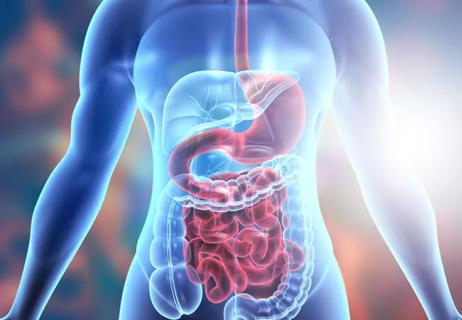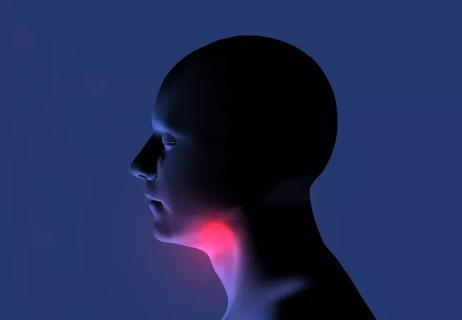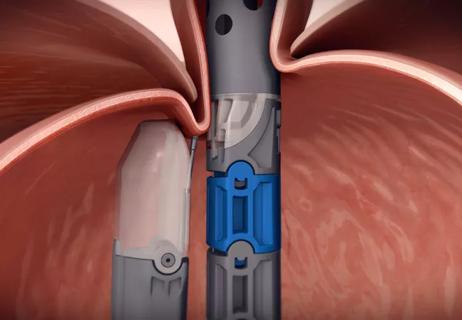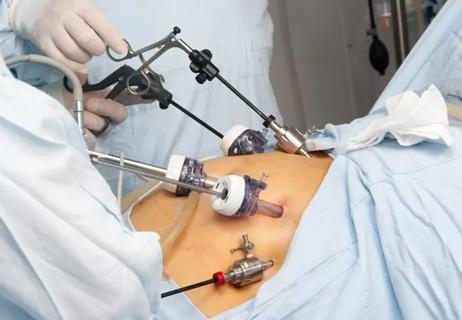
Potentially cost-effective addition to standard GERD management in post-transplant patients

Diagnosing the cause of a chronic cough can be challenging and timely, but multidisciplinary collaboration and the development of new treatments are improving the process

Hard-to-treat GI disorders benefit from multidisciplinary approach

Esophageal Center offers unique one-stop, multidisciplinary care
Advertisement
Cleveland Clinic is a non-profit academic medical center. Advertising on our site helps support our mission. We do not endorse non-Cleveland Clinic products or services. Policy

Transoral incisionless fundoplication an effective, new option

Study finds laparoscopic RYGB may be a reasonable alternative to traditional fundoplication
Advertisement
Advertisement